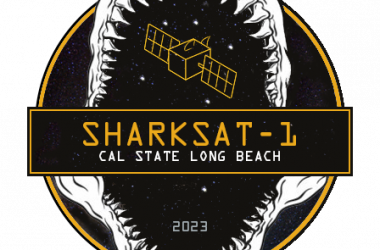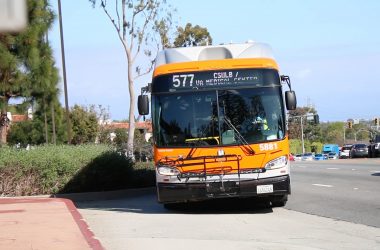Students will be limited on the number of units they can withdraw from and repeat for grade forgiveness beginning in fall 2009.
Two new executive orders from the chancellor’s office in Long Beach will impose new limitations across the California State University system. Executive Order 1037 deals with the number of units students will be allowed to repeat or withdraw from. Executive Order 1038 deals with academic probation and disqualification.
The executive orders are the minimum requirements that the Cal State Long Beach Academic Senate must comply with when drafting a policy. It is up to each campus to decide whether or not to expand on these minimum requirements before implementation. The new policies may be especially troublesome for students who are in academic jeopardy.
“I really think these two limits are about helping students make wiser academic choices,” said CSULB Associate Vice President for Undergraduate Studies Lynn Mahoney.
Beginning next semester undergraduate students will be able to repeat no more than 28 units during their undergraduate career; a maximum of 16 of those 28 units can be for grade forgiveness, or “repeat-delete.”
Only courses that students have received a D, F, Unauthorized Withdrawal or No Credit will be eligible for repetition and grade forgiveness. When repeating a course for grade forgiveness, a student must earn a grade of A, B or C on their second attempt in order for the first attempt to be pardoned.
If students successfully repeat a course, the failing grade is not deleted off their transcript. It is, however, not factored into the student’s grade point average. Students who are unsuccessful in their second attempt to pass a course will have the failing grade factored into their GPA and the grade will remain on their transcript.
Any units that are repeated or withdrawn from prior to the fall 2009 semester will not count toward these new limits. Currently there are no limits set, allowing students to continue to “repeat-delete” and withdraw from as many units as they find necessary.
The CSULB Academic Senate may consider limiting the amount of times a student can repeat an individual course. The proposal may not allow students to repeat the same course more than twice without permission from an adviser or professor.
“We want to make sure students don’t keep trying the same course over and over again and failing,” Mahoney said. “So if you failed it twice, there’s a problem, and at a minimum you should have to speak with an adviser [to see what the issues are] before you can register for a third time.”
Executive Order 1038 requires the disqualification of students — the dismissal of the student from degree programs at CSULB — after one semester on academic probation if their GPA falls below designated cut-offs.
Undergraduate students are expected to maintain at least a 2.0 GPA. When their GPA falls below this standard they are put on academic probation. Currently students are allowed two semesters on academic probation before being qualified, though many are granted extensions.
Academic disqualification is a direct result of not maintaining good academic standing. Dismissed students may still enroll in Open University courses or attend community colleges in attempt to raise their GPA. After two semesters of disqualification, students are able to apply to be reinstated to a degree program.
“Your GPA, your academic record goes with you wherever you go, for the rest of your life,” Mahoney said. “We are trying to give students the opportunity to make a mistake or have something go wrong, fix the mistake and get back in good standing.”



